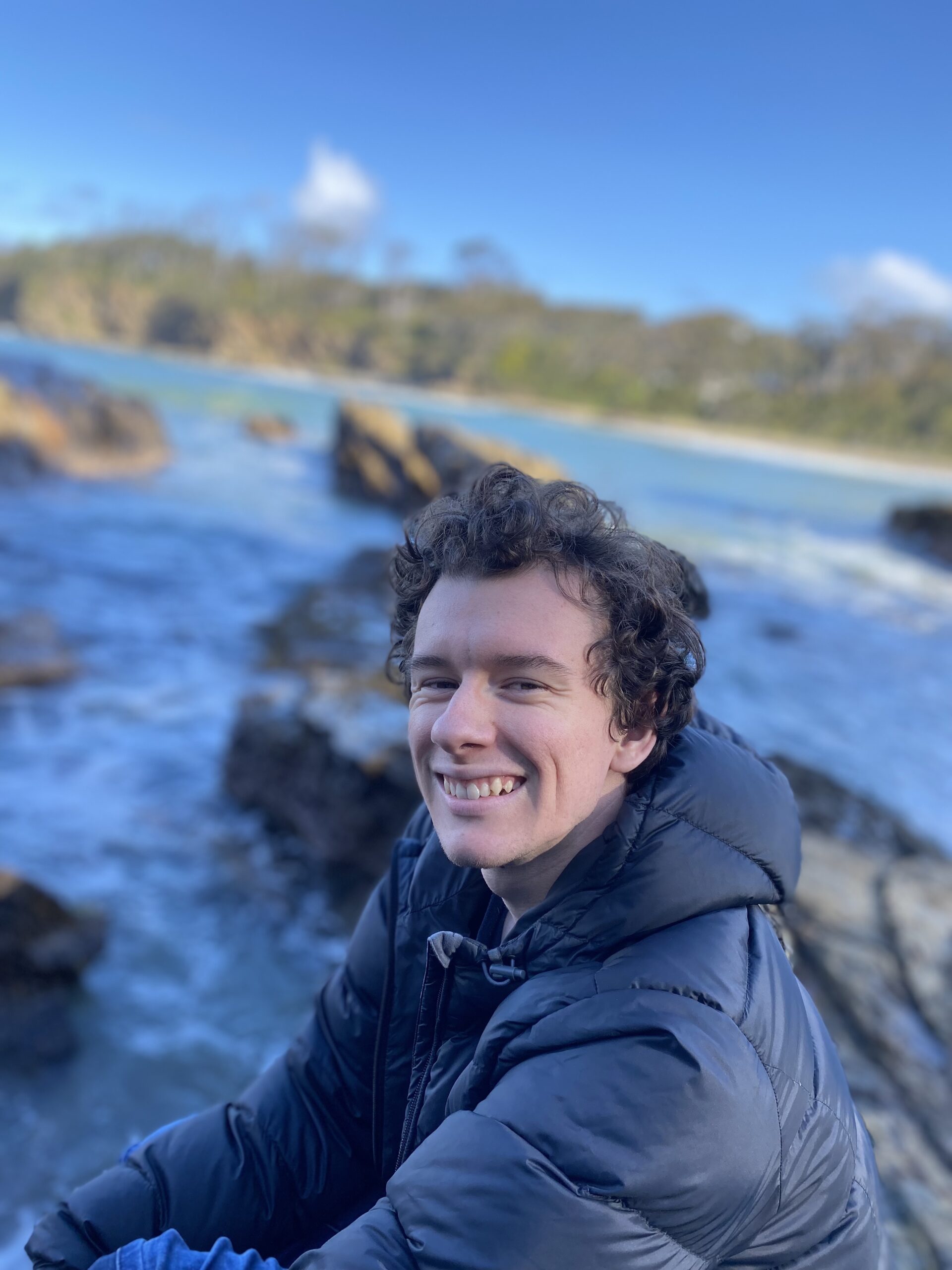Context Switching and the Workday
If you haven’t heard of context switching, it’s the concept that moving between tasks diminishes overall output. For example, if you’re trying to write something (an essay, report, etc.) and then check emails, you’ve context-switched: you have moved from the context of writing something to the context of scrolling through emails. This shift results in your brain then focusing on the emails, and you lose whatever you were writing. It then takes longer for you to go back and get into the rhythm of writing again. Famous author Cal Newport argues that this is why modern knowledge work is so difficult: we are constantly distracted by emails and meetings which force us into context-switches against our own interests.
When I first heard this, I tried to ensure my context-switches were minimised… but I did it in a bad way. See, I also read this as any context-switching being bad: i.e. you should dedicate a full workday to one thing and one thing only. That way, you have no context-switches and theoretically can get the most out of that workday. I thought I was a genius. Then I tried it, and I would get so exhausted. Here’s the problem: there’s a limit to how much you can focus on any given task per day. For example, at the moment I’m currently reading Arjun Appadurai’s Modernity at Large, a seminal text in modern anthropology for my PhD. It’s a fascinating book, but I really struggle to get through 2 hours (with breaks) reading it and taking notes. It’s not badly written at all – not even by academic standards. It’s well-written and interesting, but like the best non-fiction books, it is very dense. Having only read Part 1 so far, it is jam-packed with ideas. On top of that, not only do I need to understand the book, I am then thinking through how to relate it to my own work. That’s a lot of mental energy! I am reading, noting, digesting, analysing, and relating all in one go. If I was to try and do that for 5-6 hours each day… well, I don’t think that is even possible, or if it is, it would have such diminishing returns it wouldn’t be worth it.
What Newport is actually referring to is ensuring that we remain focused on our deep work for dedicated stretches of time without distractions, not that we should only work on one thing per day. In general, I am finding some success with bundling all my administrative tasks into one block which I do after lunch when I’m a bit more tired, and two other blocks for dedicated deep work at other points in the day. This means I know I have dedicated time for those attention-seeking activities like email, but also time to work on specific tasks. I can choose two to three tasks per day this way and still avoid context-switching. The other important thing to note is that we naturally context switch with our days anyway. When you have a break for lunch, you are context switching away from work to food, for example. So there are always context-switches: the aim is just to reduce the context-switching that we do within each block of work (and ideally, eliminating context-switching entirely within said block).
Thanks for reading! If you enjoyed this post, please consider subscribing. Your email only goes to my subscriber list and no-one else. Sharing my posts with others also helps me a lot. Finally, I do read all comments, so if you have anything to share, please send one in below this post.
